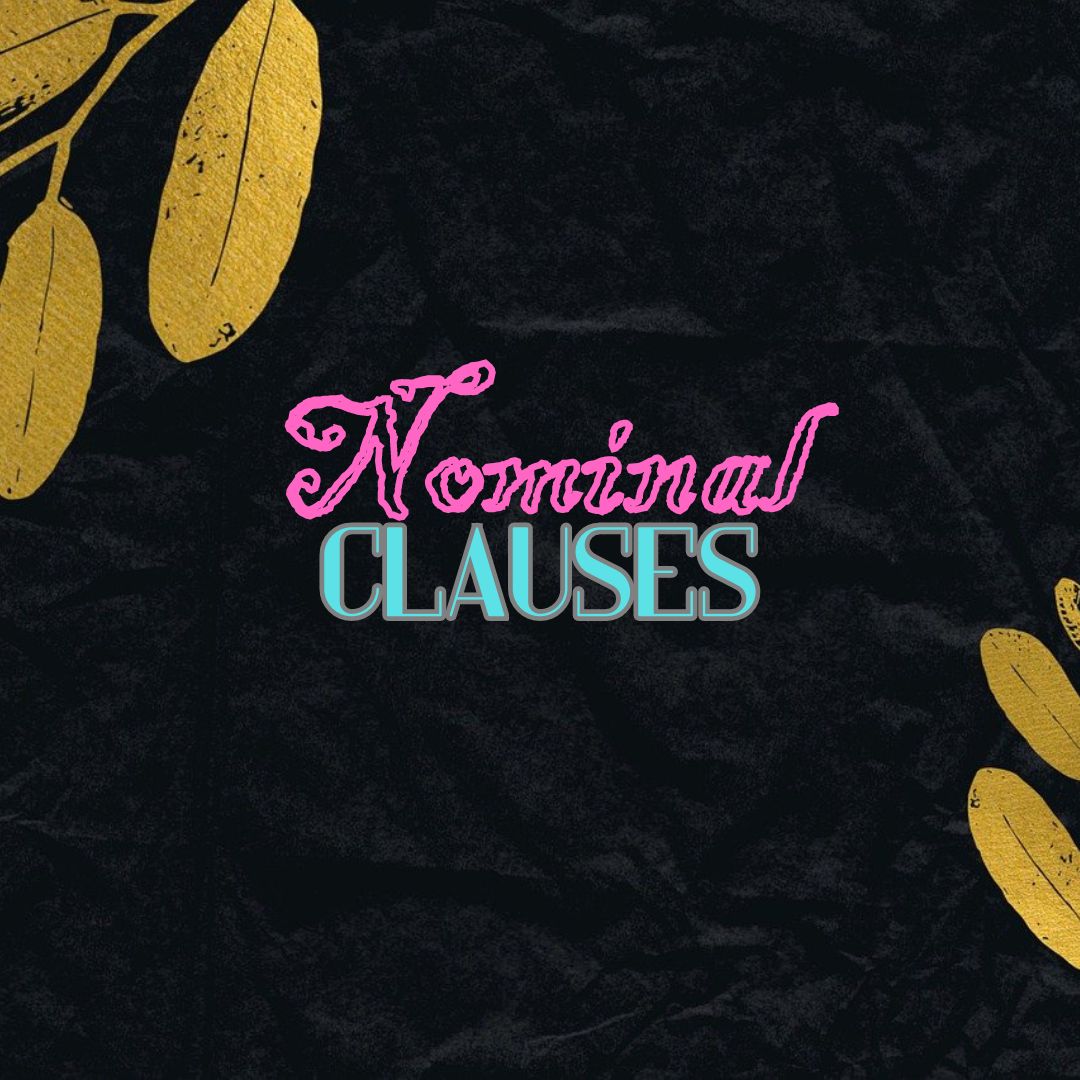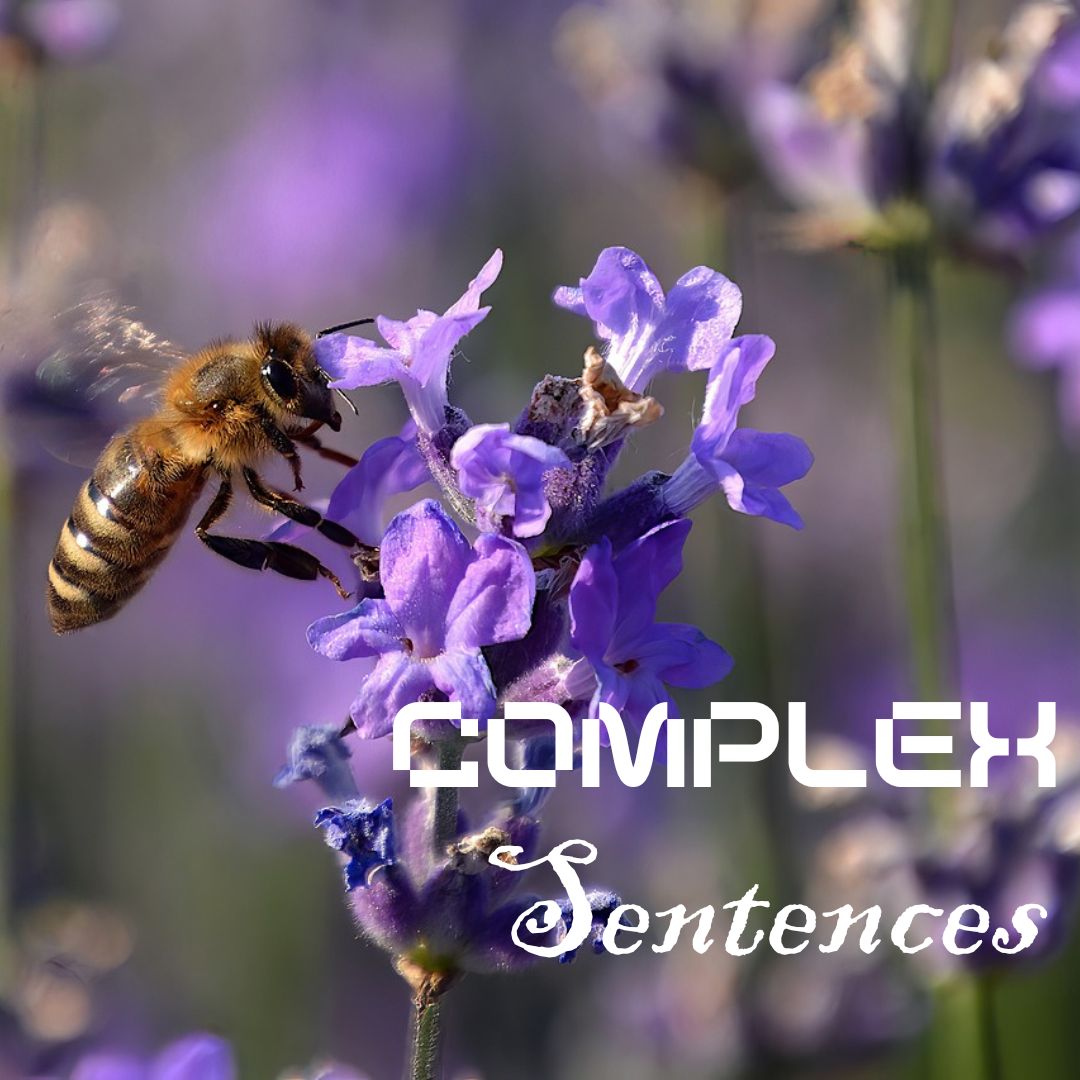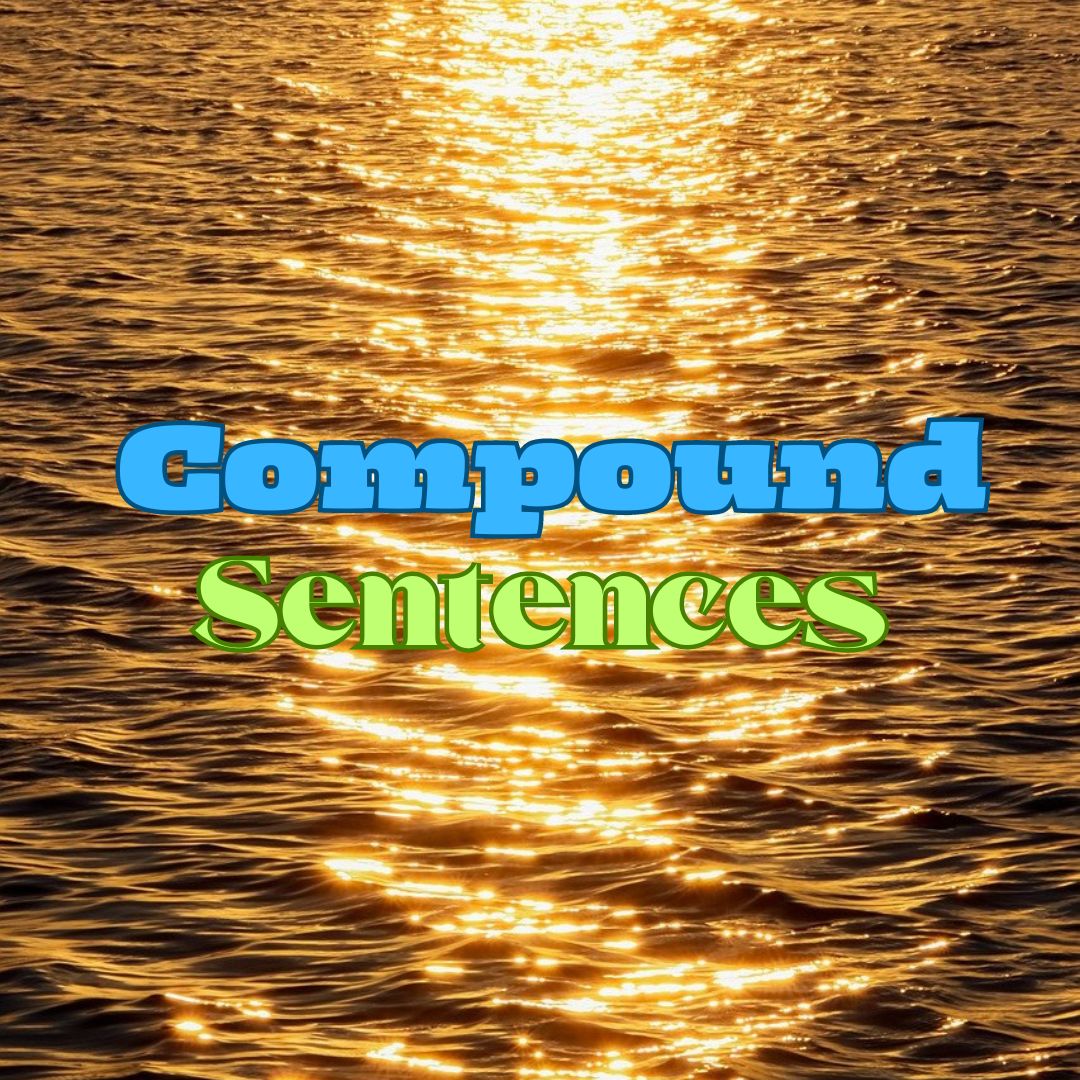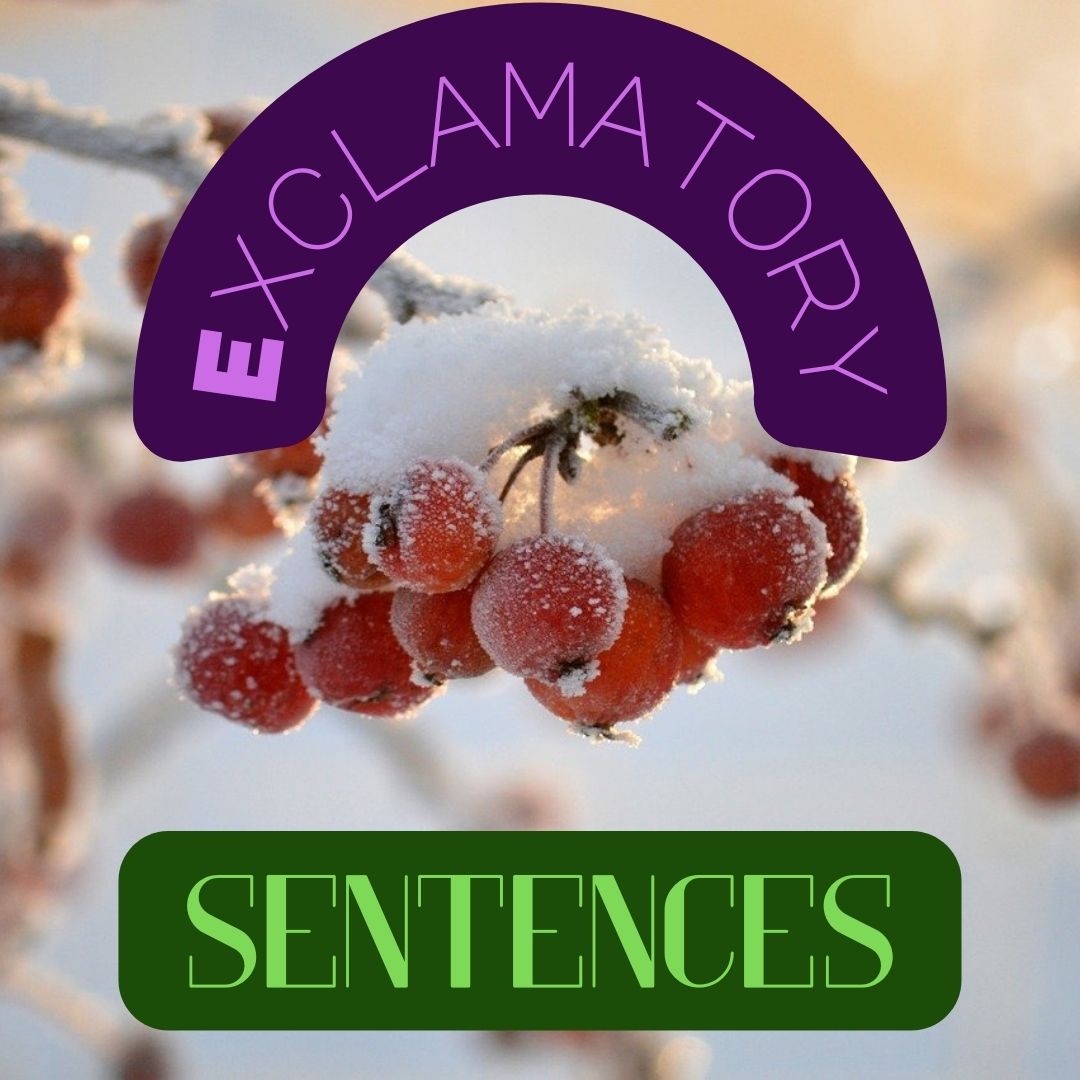Category: grammar

Nominal (Noun) Clauses
Subordinate clauses can be classified into three main forms based on their functions within a sentence: nominal clauses, relative clauses, and adverbial clauses.

Subordinate Clauses
A subordinate clause, also known as a dependent clause, is a group of words that has both a subject and a verb but cannot stand alone as a complete sentence.

Complex Sentences
A complex sentence is a sentence that contains one independent clause (main clause) and one or more dependent clauses (subordinate clauses). An independent clause can stand alone as a complete sentence, while dependent clauses rely on the independent clause for meaning and cannot stand alone.

Compound Sentences
A compound sentence is a type of sentence that consists of two or more independent clauses (complete sentences) joined together. The key characteristic of a compound sentence is that these independent clauses are connected either by coordinating conjunctions or by punctuation.

Exclamatory Sentences
An exclamatory sentence is a type of sentence that expresses strong emotions, excitement, surprise, or urgency. It is characterized by its punctuation, typically ending with an exclamation mark (!). Exclamatory sentences can take various forms, similar to declarative, interrogative, or imperative sentences.